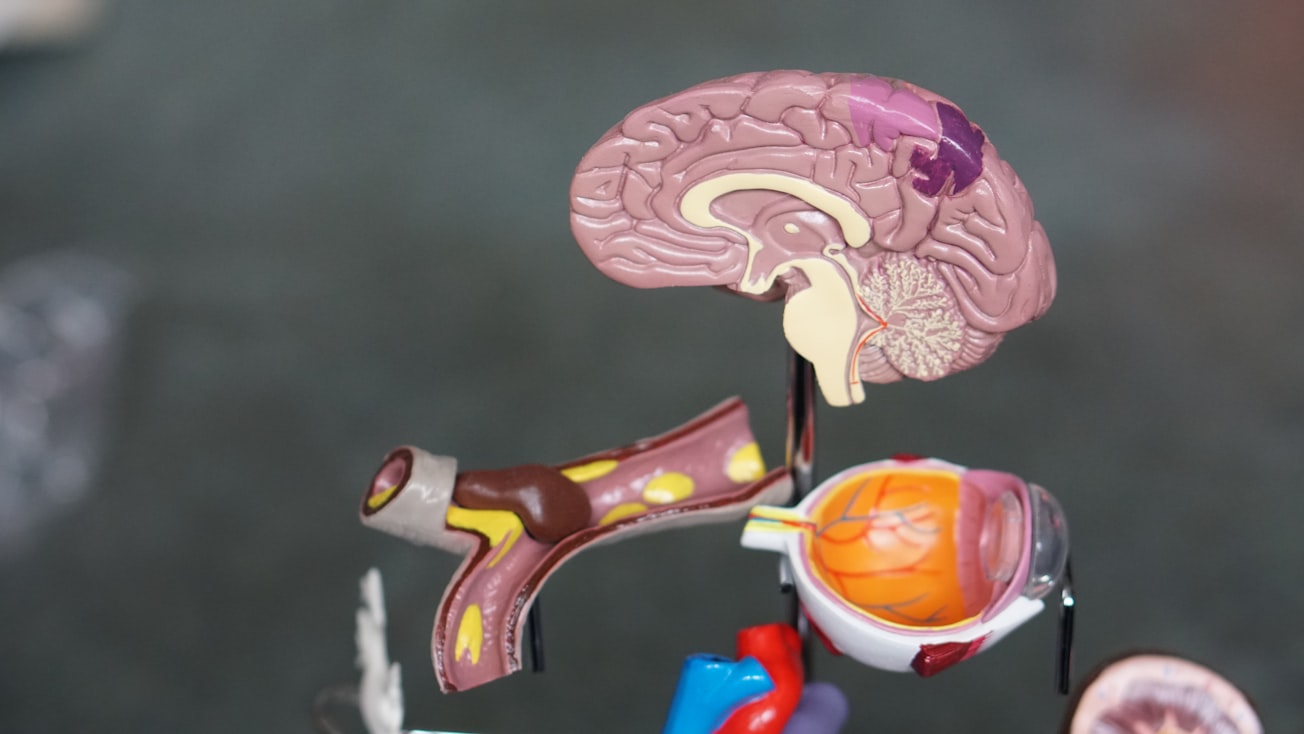What is it about?
Associations between glycemic control and cognitive status in persons with Alzheimer dementia are inconsistent, but the reason for this disparity is not understood. In this Personal View, I propose that brain microvascular and Alzheimer’s pathologies may in part be due to cerebrovascular accumulation of amyloid-forming pancreatic amylin providing a novel potential therapeutic target.
Featured Image

Photo by Robina Weermeijer on Unsplash
Why is it important?
The treatment of Alzheimer’s dementia aims at reducing cerebral β-amyloid (Aβ) lesions; however, the factors that balance effective elimination or accumulation of neurotoxic Aβ have not been established. Pancreatic islet amyloid polypeptide (amylin) is a hormone co-expressed with insulin that crosses the blood-brain barrier (BBB) and regulates satiation. Accumulating data from studies in humans and animal models of Alzheimer disease show that amylin synergistically co-aggregates with vascular and parenchymal Aβ. Higher amylin concentrations in cerebrospinal fluid and blood are associated with an increased frequency of cognitive impairment. Taken together, these results suggest that pancreatic amyloid-forming amylin may be a therapeutic target in Alzheimer dementia.
Perspectives
The up-to-date data summarized in this paper suggest that early Alzheimer disease processes are associated with dysregulated pancreatic amylin leading to a negative feed-forward pathological mechanism by which amyloid-forming pancreatic amylin accumulates in the brain microvasculature impeding Aβ removal from the brain. Anticipated results from future research will provide a basis for additional hypothesis driven research and evidence-based validation studies to help understand: 1, the triggers of amylin-β amyloid interaction and whether lowering the circulating amylin level could slow the progression of Alzheimer disease; 2, the impact of circulating amylin on β amyloid clearance across the blood-brain barrier; and 3, effects of circulating amylin levels on the progression of Alzheimer dementia.
Florin Despa
The University of Kentucky
Read the Original
This page is a summary of: Bloodborne Pancreatic Amylin, a Therapeutic Target for Alzheimer's
Disease, Current Alzheimer Research, December 2022, Bentham Science Publishers,
DOI: 10.2174/1567205020666230217091540.
You can read the full text:
Resources
Contributors
The following have contributed to this page










